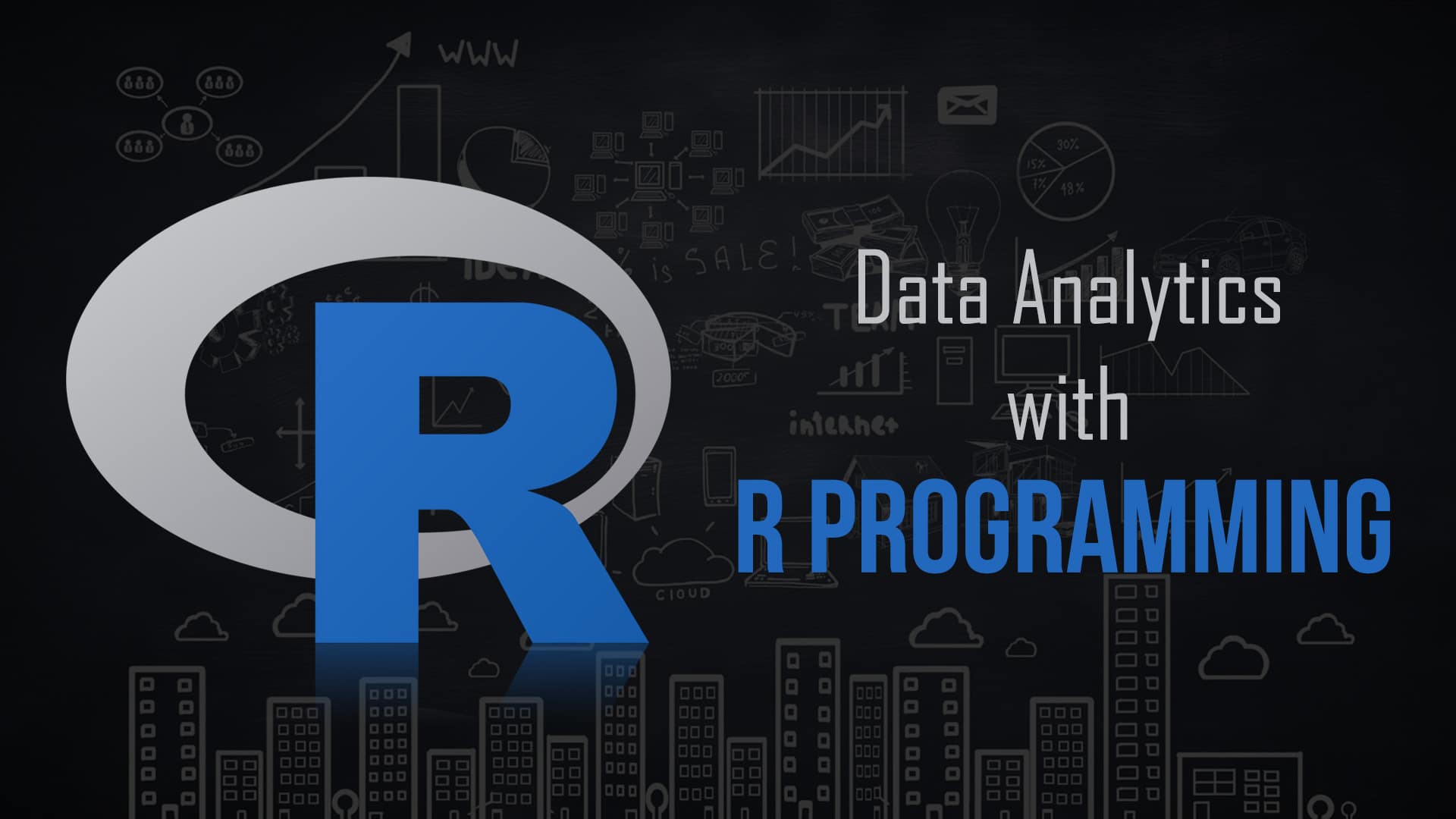In today’s data-driven world, the ability to harness the power of data analytics is crucial for businesses and organizations aiming to gain competitive advantages. Among the myriad of tools available for this purpose, R programming stands out as a powerful and versatile language. This article explores the significance of Data Analytics with R Programming, highlighting its capabilities, applications, and advantages.
Understanding Data Analytics
Data Analytics involves the extraction of meaningful insights from raw data to support decision-making processes. It encompasses various techniques, including statistical analysis, machine learning, and data visualization. Businesses use these insights to optimize operations, understand customer behavior, and drive strategic initiatives.
Why Choose R Programming?
R Programming has become synonymous with statistical computing and graphics, making it a preferred choice for data analysts and statisticians alike. Its rich ecosystem of packages and libraries enables users to perform complex data manipulations and visualizations efficiently. Whether it’s data cleaning, exploratory data analysis (EDA), or building predictive models, R provides robust tools to handle diverse analytical challenges.
Key Features of R Programming for Data Analytics
- Statistical Analysis: R’s extensive library of statistical functions facilitates rigorous data analysis, hypothesis testing, and modeling.
- Data Visualization: Tools like ggplot2 allow for the creation of sophisticated and customizable visualizations, enhancing the interpretation of data.
- Machine Learning: With packages such as caret and randomForest, R supports the development and deployment of machine learning models for predictive analytics.
- Integration Capabilities: R seamlessly integrates with other languages and platforms, enabling data scientists to leverage existing tools and frameworks.
Applications of Data Analytics with R Programming
From healthcare to finance, academia to marketing, R finds applications across various industries:
- Healthcare: Analyzing patient data for treatment efficacy and disease prediction.
- Finance: Risk assessment, fraud detection, and portfolio optimization.
- Academia: Conducting research studies, analyzing experimental data, and publishing findings.
- Marketing: Customer segmentation, campaign analysis, and market trend identification.
The Analytic Square Approach
Analytic Square is a structured approach to data analytics with R Programming, emphasizing four key pillars:
- Data Collection and Preparation: Gathering and cleaning data to ensure accuracy and reliability.
- Exploratory Data Analysis (EDA): Investigating data patterns, trends, and outliers using statistical summaries and visualizations.
- Model Building: Developing predictive models using machine learning algorithms tailored to specific business objectives.
- Model Deployment and Monitoring: Implementing models into production and continuously monitoring their performance to ensure relevance and accuracy.
Advantages of Data Analytics with R Programming
- Open Source: R is open-source and free to use, fostering a collaborative community and continuous development of new packages and functionalities.
- Flexibility and Extensibility: Users can customize and extend R’s capabilities through packages, making it adaptable to diverse analytical needs.
- Reproducibility: R scripts and workflows can be documented and shared, ensuring transparency and reproducibility of analytical results.
Conclusion
Data Analytics with R Programming empowers organizations to transform raw data into actionable insights, driving innovation and informed decision-making. Its robust statistical capabilities, coupled with powerful visualization tools, make R an indispensable asset in the realm of data science. As businesses increasingly rely on data to gain competitive advantages, mastering R Programming becomes not just a skill but a strategic imperative.
In summary, whether you’re an aspiring data scientist, a seasoned analyst, or a business leader aiming to harness the power of data, exploring Data Analytics with R Programming is a journey worth undertaking.

